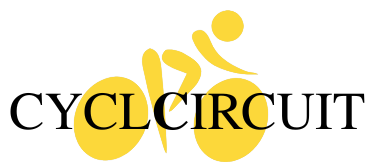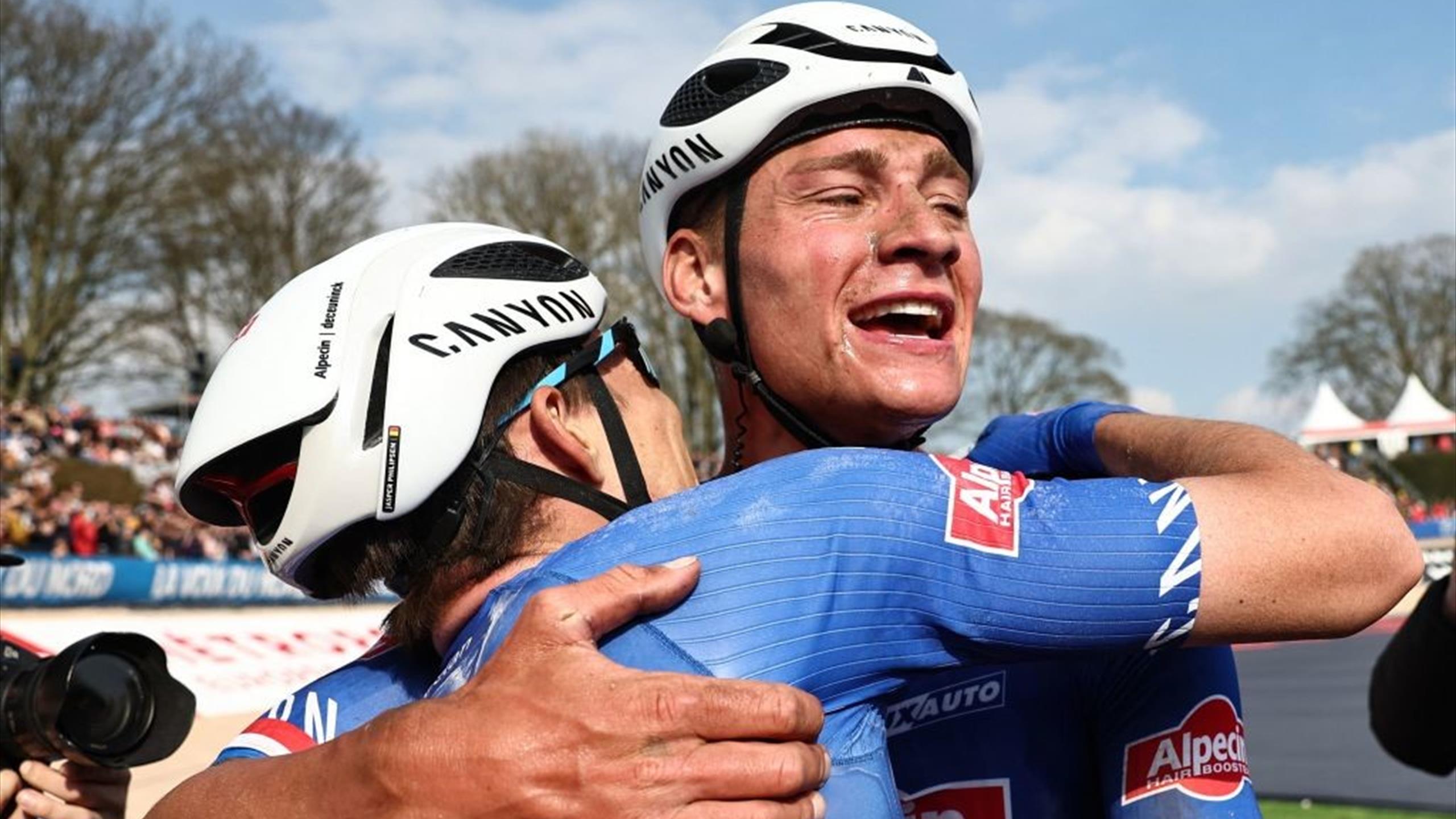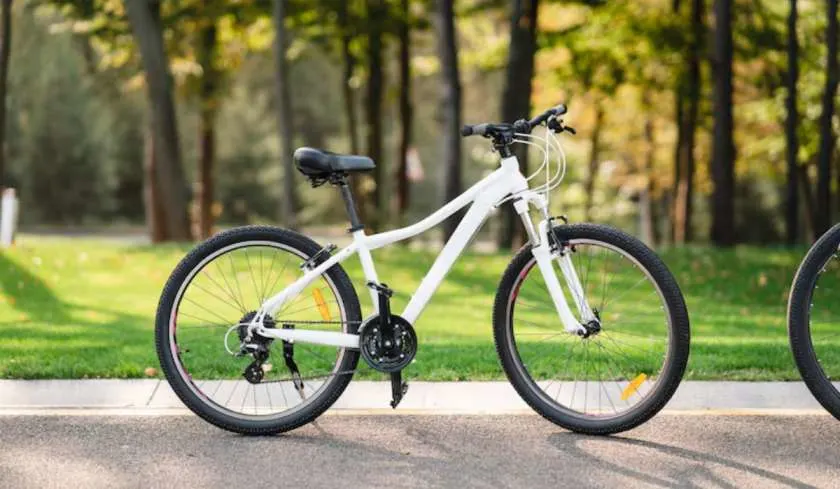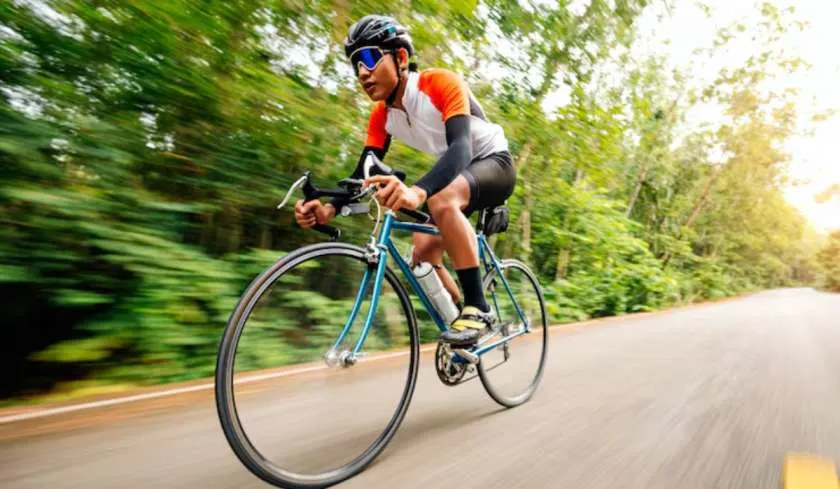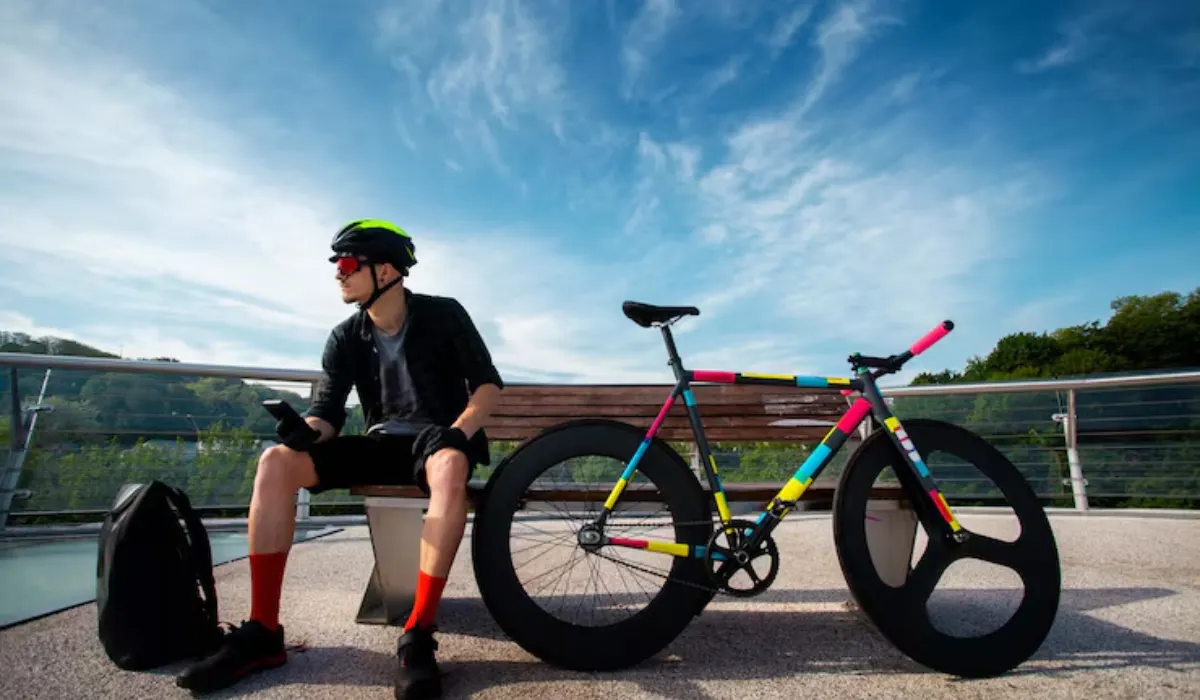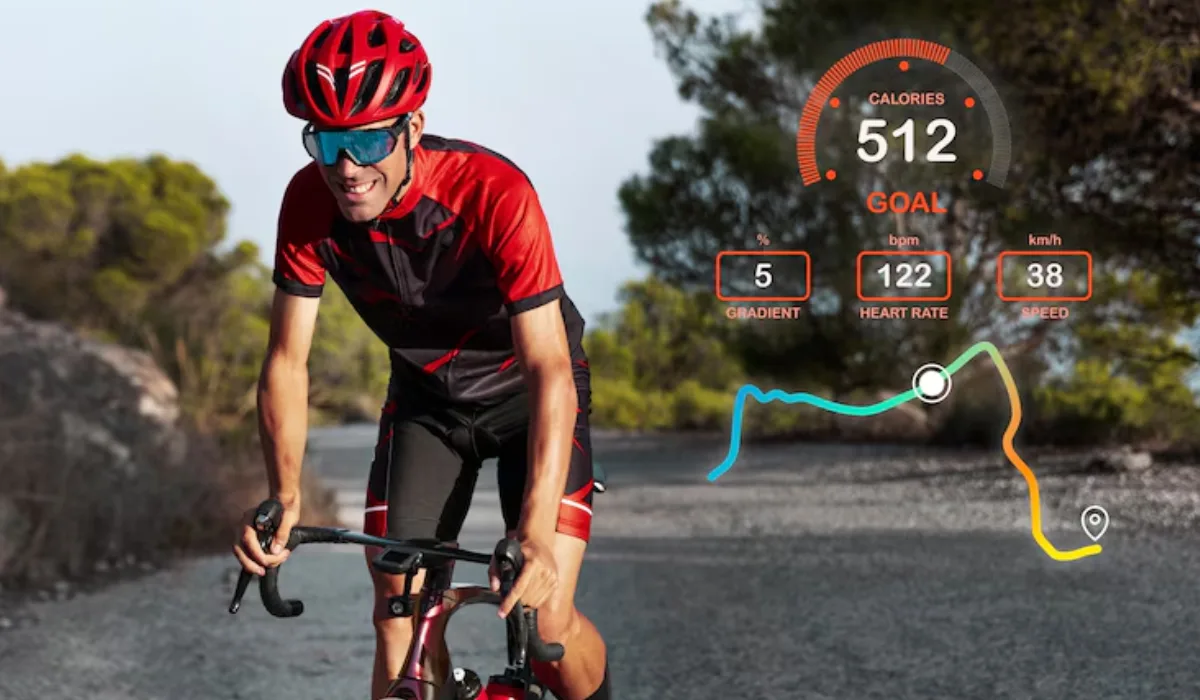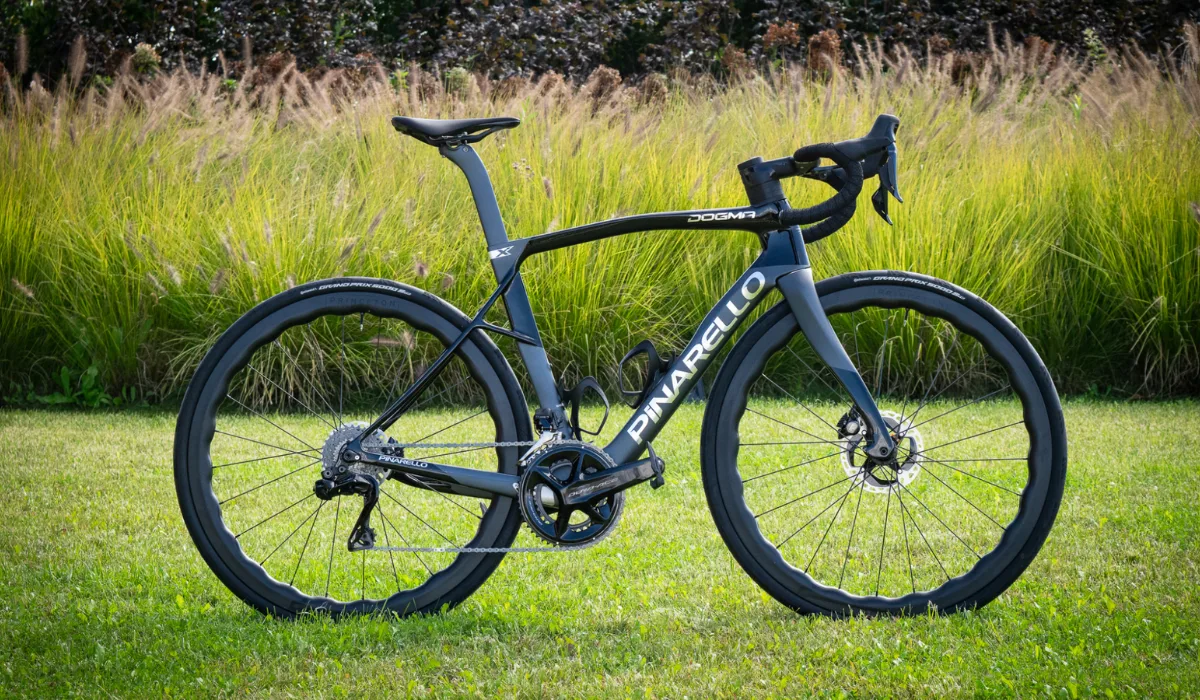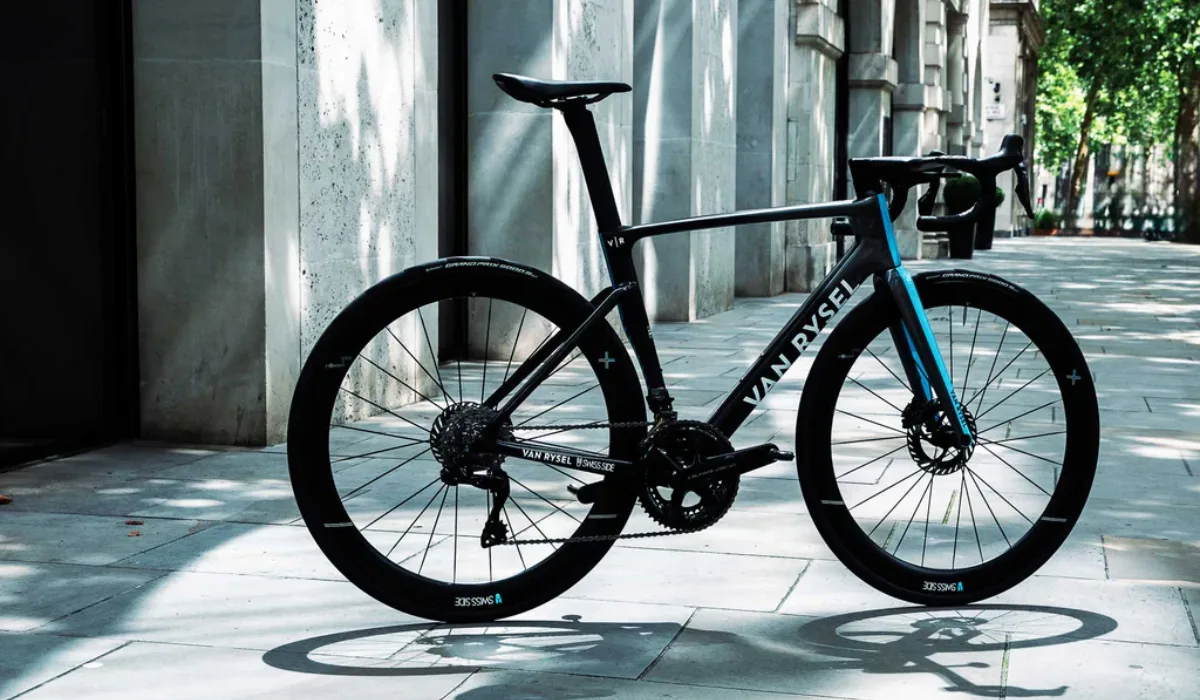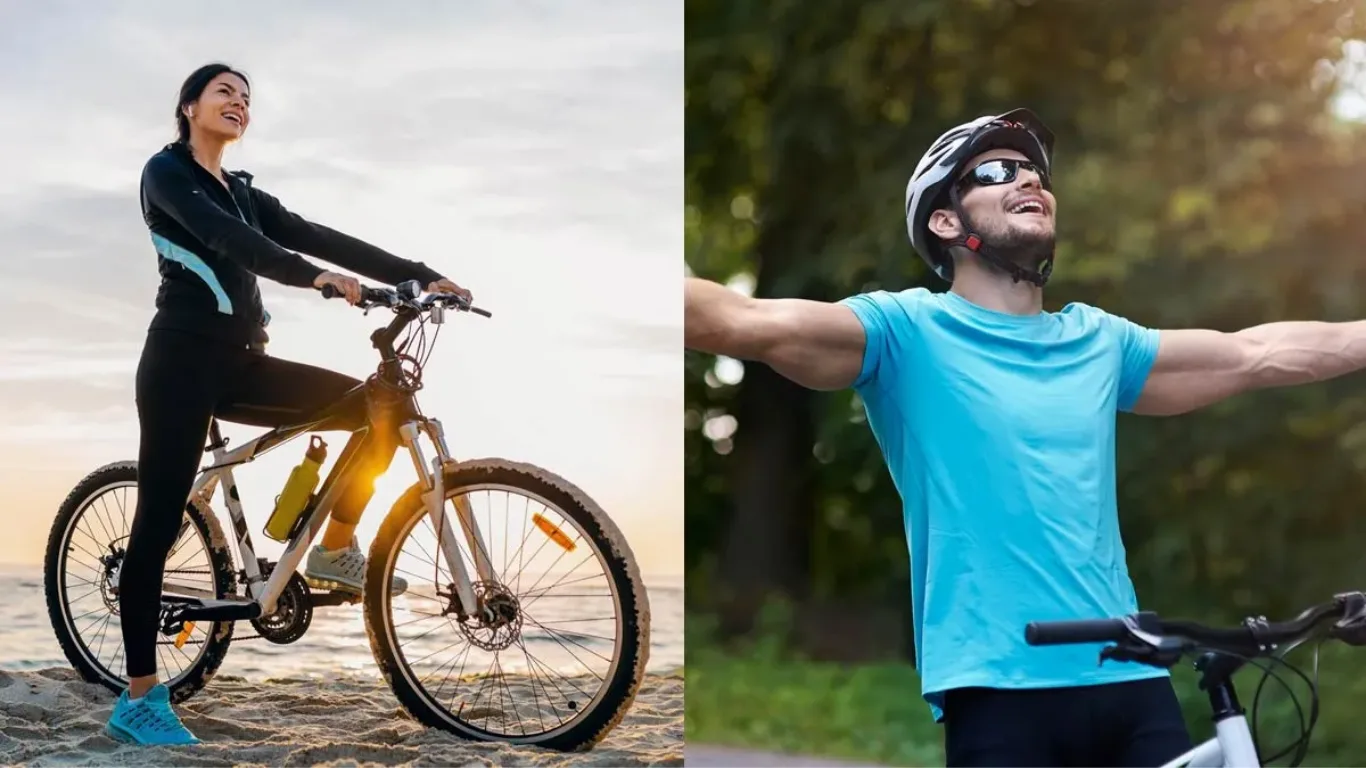
The Van der Poel family
I was asked recently by a parent of a young cyclist, “What does it take to make a champion?” I thought for a moment and then responded with three words: “Genes, motivation, and support.” So let’s explore these three essential components to cycling development and success.

Taylor Phinney has the genes, here with mother Connie Carpenter
Genes
Genes are the foundation of all cycling success. Cyclists can have all the motivation and support in the world, but if they lack the right body type, muscle fiber composition, or hard-wired cardiovascular capabilities, nothing else matters.
That’s not to say that someone with a huge work ethic, but without the incredible inborn physiology, can’t find some success in cycling. But to be, say, a Tour de France rider, cyclists need to have it all (or at least 95% of it all). Though physical capabilities, such as strength, endurance, and pain tolerance can be developed to some degree through training, we are all limited by the genes we get from our parents. I’m sure, for example, that Taylor Phinney is deeply grateful to his parents, Davis Phinney and Connie Carpenter-Phinney, for the remarkable genes he got from them.
Genes are also the X factor for two reasons. First, there’s no way to tell whether young cyclists have good riding genes until they show those genes by growing up. Sure, you can look at their parents and see what kind of cyclists they are and what kind of body types they have, but if you look at the parents of a lot of professional cyclists, you’ll wonder whether genes have anything to do with being great on a bike!
Second, good cycling genes aren’t enough. I’ve seen many cyclists over the years who had tremendous natural physical ability, yet lacked the motivation to maximize the ability that those genes provided. These riders invariably never lived up to expectations and many I have spoken with regretted not having had the work ethic to match their physical capabilities.
Conversely, if you have kids who are incredibly motivated and well supported, but lack world-class genes, they may not win a Grand Tour or an Olympic medal, but that doesn’t mean that they can’t have a successful and rewarding experience as a cyclist. Not only that, but it’s likely that these less naturally gifted riders will learn important life lessons that will help them to be successful later in some other area of life. Ultimately, as I see it, you can’t control genes, so there’s little point in even talking about them.

Motivation from the team car
Motivation
Motivation is the only contributor to cycling achievement that is thoroughly within riders’ control. They can’t control their genes, but they can do everything in their power to fully realize whatever genetic capabilities their parents gave them. And research has shown that the single greatest predictor of success is the amount of time athletes put into their sport. Those who are most motivated will devote the most time to training, which will lead to the greatest success. Of course, those with the best genes and are also highly motivated will have the most success.
So the $64,000 question for parents is: “How do I motivate my cyclist-child?” Motivation is the most difficult psychological contributor to success because you can’t give your children motivation. Rather, they have to find it within themselves, which means their finding a reason that they want to get on their bike and do the hard work necessary to achieve their goals.
If your children aren’t motivated to be champions, they may have other reasons they ride, for example, they like the camaraderie of being part of a team, they enjoy being outdoors, or they like being really fit. If they have lost their motivation to get on their bike at all, you might want to explore what or whom (often a parent) is squashing their motivation. Or, despite your wishes to the contrary, maybe cycling just isn’t for them and they should find something else to do.
Nonetheless, let me offer a few suggestions that can bolster young cyclists’ motivation. The easiest way to answer the question of how you can motivate your cyclist-child is for them to have a great passion for the sport. Cyclists who love to train and compete will do whatever it takes because they just love being out there.
Setting, working toward, and achieving goals are immensely satisfying as well, so you can also help them set realistic, yet challenging goals they can strive toward. Having your kids in a junior cycling program with an inspiring coach and other motivated riders creates an environment that fosters motivation; it’s hard to not be motivated when they’re surrounded by other driven riders.
You also need to make sure that it’s fun. Given that the odds are very long that your children will become great cyclists, there’s no other reason for them to be doing it. Finally, get out of their way! An absolute motivation killer is for you to get overly invested in your child’s cycling and take ownership away from them. If you care more about their riding than they do, you guarantee that they will not be motivated, be successful, or enjoy the sport.

Family support for Hugo Houle in Canada
Support
This is the other $64,000 question: “How do I best support my cyclist-child?” The answer starts with everyone involved understanding what their jobs are. It’s the cyclist’s job to work hard, pay attention to their coaches, and take full advantage of the opportunities they are given. It’s the coaches’ job to prepare them physically, technically, and mentally to achieve their goals and have fun.
It’s your job to provide the opportunities for your children (e.g., coaching, camps, equipment), pay the bills (which can be incredibly high), get them where they need to be on time, pat them on the back when they do well, console them when they do poorly, and support the coaches so they can do their jobs.
If everyone does their job and their job alone, then your young rider will have a good time and usually perform to the best of their ability. If someone either doesn’t do their job or tries to do another job, then things go south quickly.
Summary
Let me conclude with some thoughts about your goals in having your children participate in the sport of cycling. If your objective is to turn them into champions, the odds are that you’re wasting your money and time and your children’s happiness. Cycling is metaphorically littered with the scarred psyches of children whose parents tried and failed to do what Earl Woods and Richard Williams succeeded at doing in golf and tennis, respectively.
Your goals as parents are for your children to have fun, learn life skills to succeed later in life, value health and fitness, and develop a love of riding their bike. If by some freak chance you give them world-class cycling genes, they love the sport enough to work incredibly hard, and they get the right kind of support from you, and they become professional cyclists, then that’s just icing on the cake.

The ‘Young Guns’ – Van der Poel and Evenepoel
About Dr. Jim
Dr. Jim Taylor, Ph.D., Psychology, has worked with professional, world-class, junior-elite, and age-group athletes in many sports for more than 30 years. He has been the team sport psych consultant for two professional cycling teams. A former internationally ranked alpine ski racer, Jim is a 2nd degree black belt and certified instructor in karate, a marathon runner, an Ironman triathlete, and an avid cyclist. Jim is the author or lead editor of 18 books, including Train Your Mind like a Champion: Mental Preparation to Achieve Your Sports Goals and The Triathlete’s Guide to Mental Training, has published over 1000s of articles in popular and professional publications, and has been an invited speaker to sports organizations around the world. Jim has developed the Prime Sport series of online courses for athletes, coaches, and parents. To learn more visit, visit his website.
